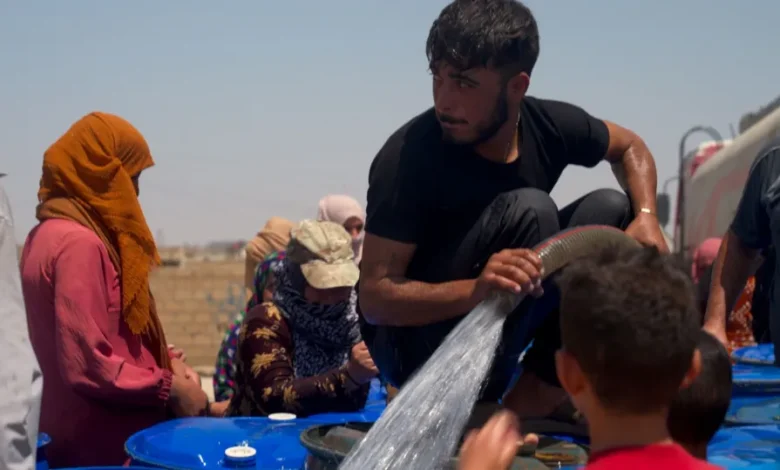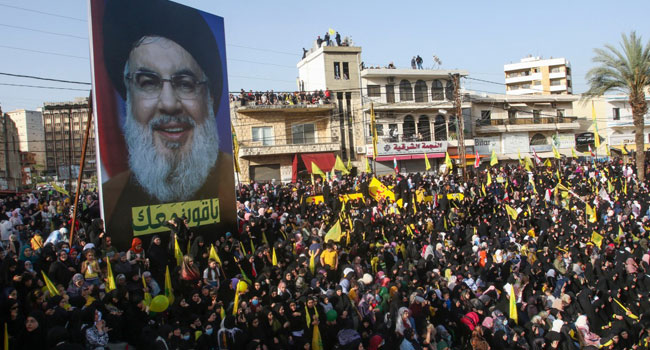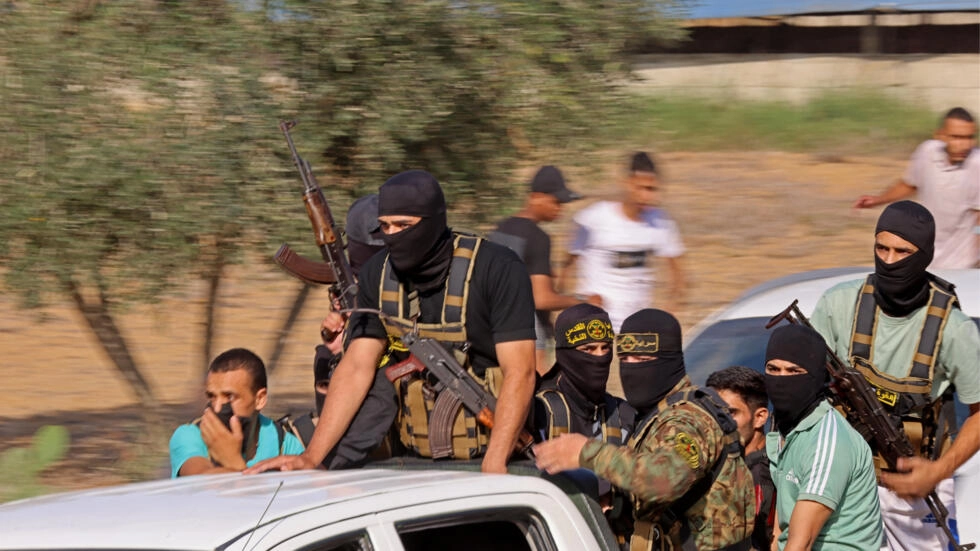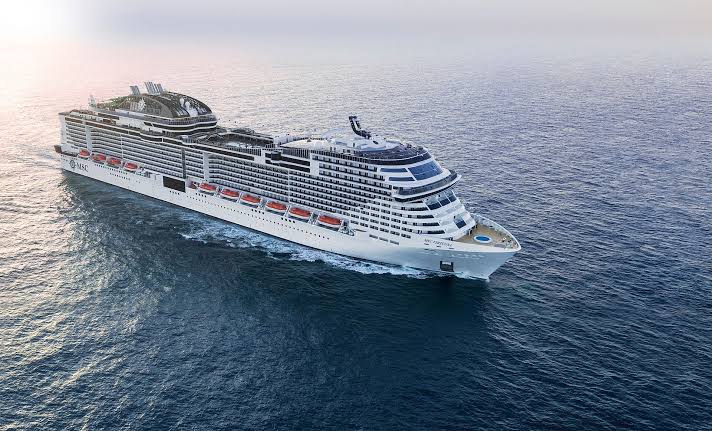Turkish Strikes in Syria Cut Water to One Million People

Turkish air strikes in drought-struck north-east Syria have cut off access to electricity and water for more than a million people, in what experts say may be a violation of international law.
Turkey carried out more than 100 attacks between October 2019 and January 2024 on oil fields, gas facilities and power stations in the Kurdish-held Autonomous Administration of North and East Syria (AANES), according to data collated by the BBC World Service.
The attacks have added to the humanitarian crisis in a region reeling from a years-long civil war and four years of extreme drought exacerbated by climate change.
Water had already been scarce, but attacks on electricity infrastructure in October last year shut off power to the region’s main water station, in Alouk, and it has not been working since. On two visits there, the BBC witnessed people struggling to get water.
Turkey said it had targeted the “sources of income and capabilities” of Kurdish separatist groups it regards as terrorists.
It said that it was well known there was a drought in the area, adding that poor water management and neglected infrastructure had made things worse.
The AANES has previously accused Turkey of seeking to “destroy our people’s existence”.
More than a million people in the Hassakeh province who once got their water from Alouk now rely on deliveries of water pumped from around 12 miles (20km) away.
Hundreds of deliveries are made by tanker each day, with the water board prioritising schools, orphanages, hospitals, and those most in need.
But the deliveries are not enough for everyone.
In Hassakeh city, the BBC saw people waiting for the tankers, pleading for the drivers to give them water. “Water is more precious than gold here,” said Ahmad al-Ahmed, a tanker driver. “People need more water. All they want is for you to give them water.”
Some people admitted they fought over it and one woman threatened: “If he [the tanker driver] doesn’t give me water, I’ll puncture his tyres.”
“Let me tell you frankly, north-east Syria is facing a humanitarian catastrophe,” said Yayha Ahmed, co-director of the city water board.
BBC





